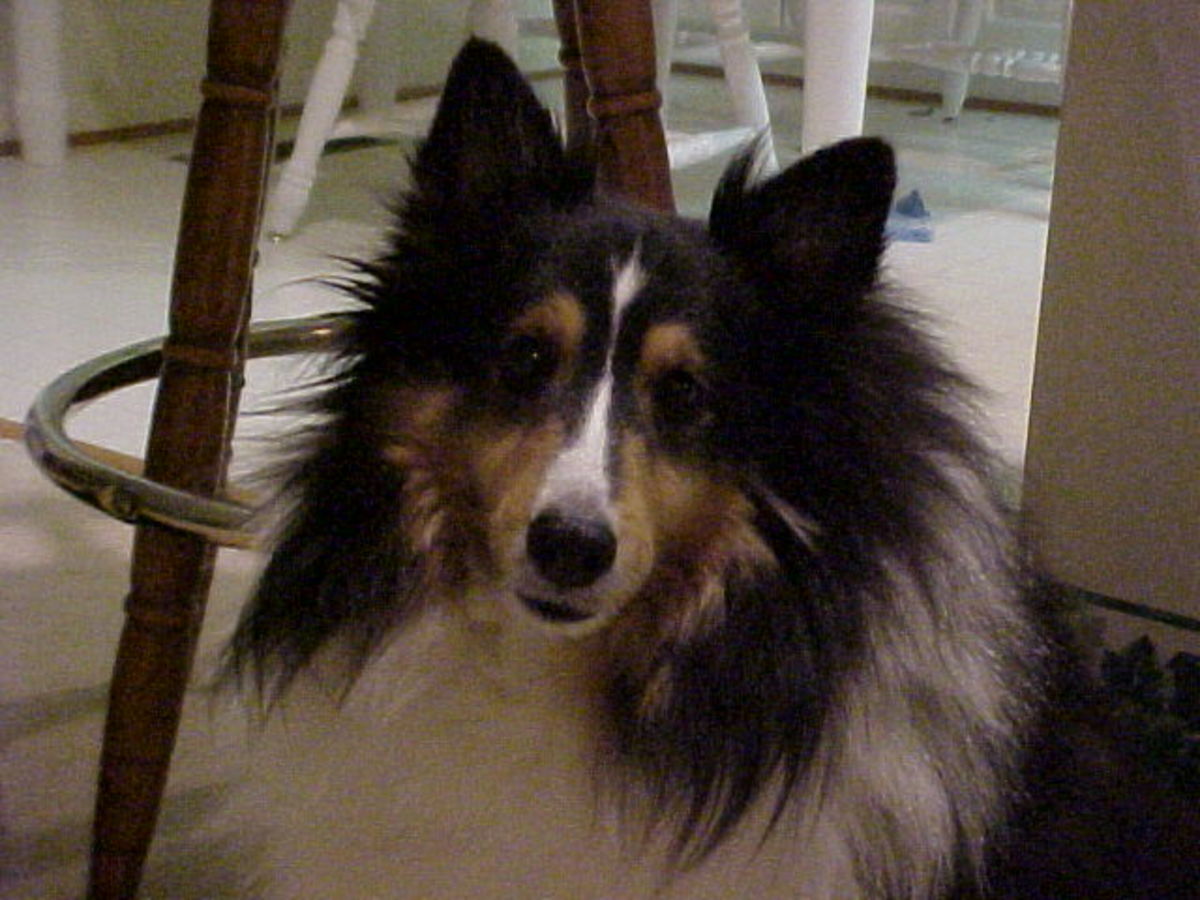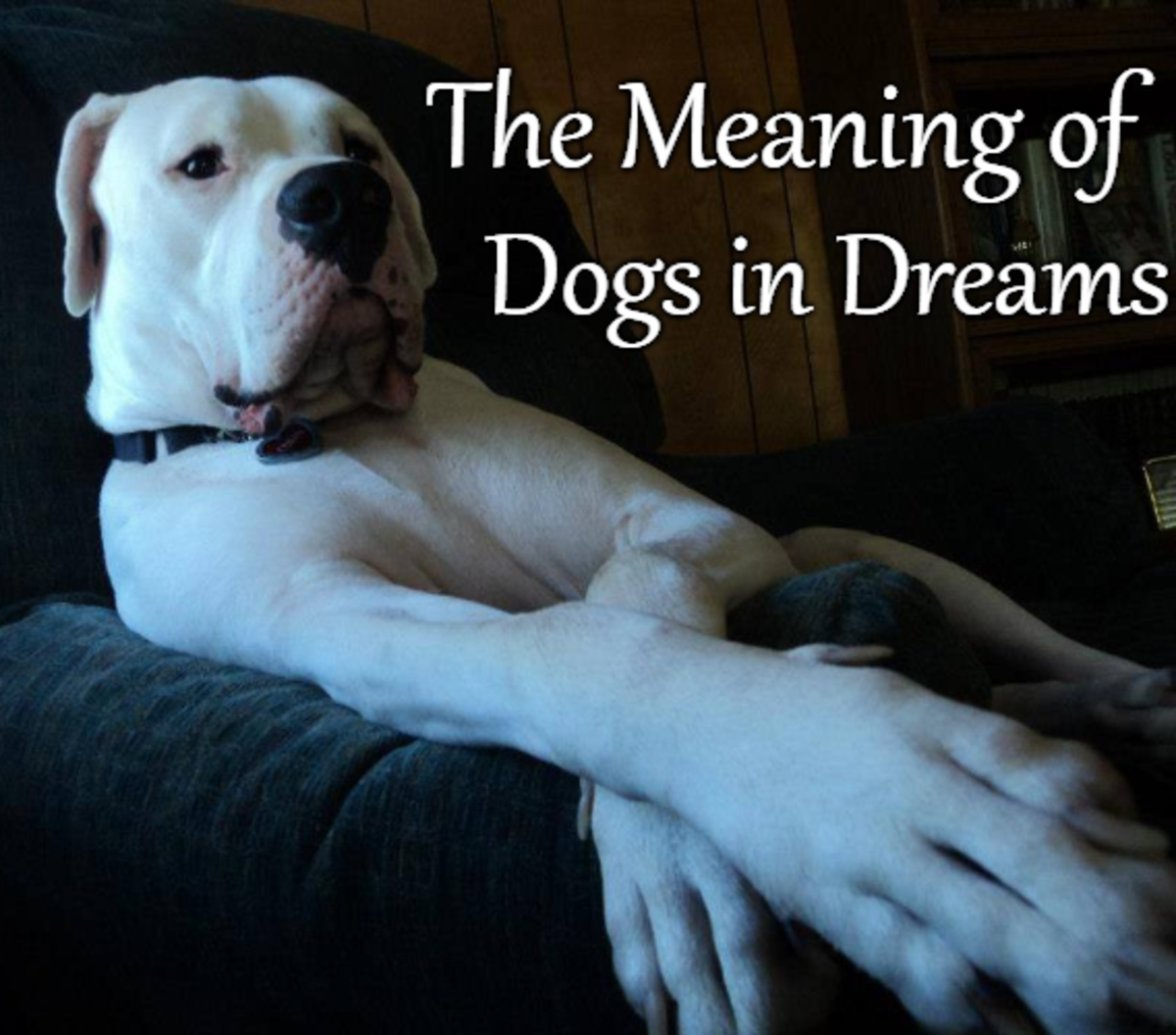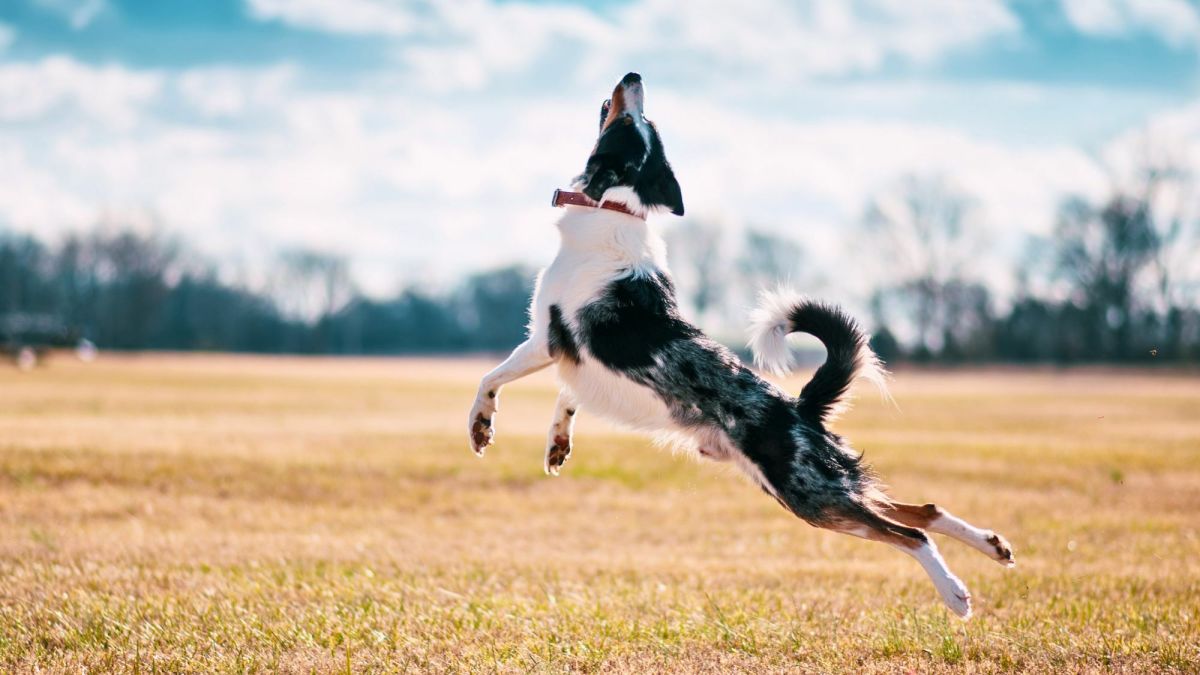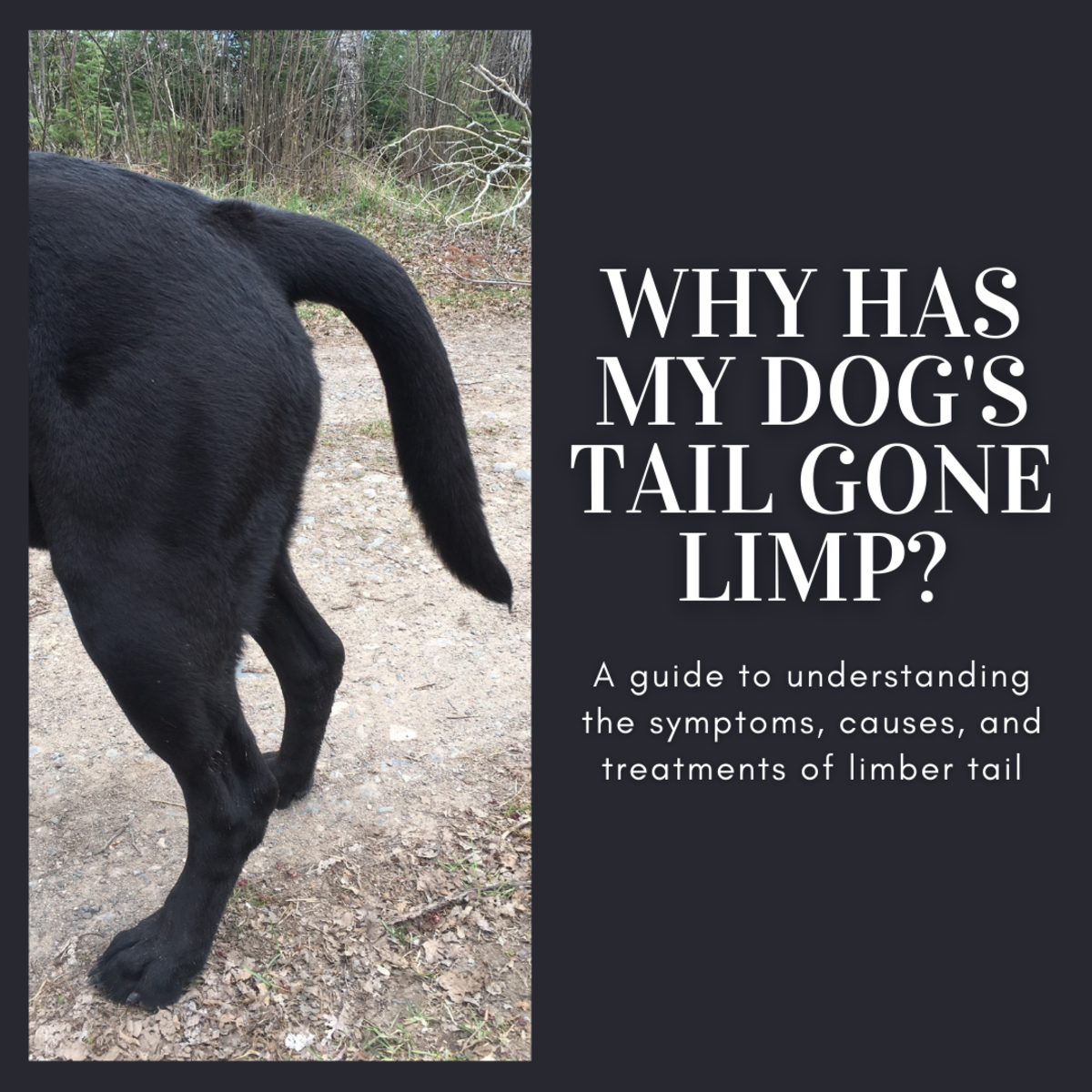Four of the Most Common Health, Behavioral, and Training Myths about Dogs
Dogs are a big deal in the United States today. In fact, close to 45 million of us own at least one canine. No wonder there are lots of myths about the health, behavior, and training of our four-legged companions. This article reveals four of the most common myths in each of those categories as determined by the experts: veterinarians, dog trainers, and breeders.

Health Myths about Dogs
1. Bad Breath or halitosis. Myths include: dogs have clean breaths or mouths; dry dog food and/ or treats keep a dog’s breath clean and fresh; bad breath is a dog’s only dental issue.
The truth: First, a dog uses its mouth for many unsanitary purposes: licking its private parts, eating disgusting stuff such as other animal poop, soiled tissue paper, gnawing on unclean items from the garbage and elsewhere, all of which will make its breath smell pretty foul. Second, dog food and treats (unless specially-formulated), whether dry or wet, create tartar and plaque buildup. Third, if those dental issues are left untreated, meaning the dog’s teeth are not brushed daily or veterinarian’s visits do not include an oral hygiene exam, the dog can develop gingivitis, mouth sores, gum or periodontal disease. Halitosis will be the least of your worry. Those dental problems can lead to more serious ailments such as respiratory, gastrointestinal, heart, kidney, or liver disease and even diabetes.
2. Dogs should eat mainly raw meat and no grains.
The truth: Just like humans, canines need to eat a well-balanced diet for optimum health. A nutritionally-balanced meal would include protein from lean meats and fish, eggs and legumes; carbohydrates from grains such as pasta, wheat, oats, brown rice, barley, and corn; vitamins and minerals from fruits (except grapes and raisins, fruits with seeds, which are known to cause kidney failure, anemia, intestinal inflammation, or toxicity) and vegetables such as the cruciferous or leafy ones (not onion, garlic, avocado, raw potato, which are all toxic); fat from oils such as vegetable and fish, and of course water.
There are convincing arguments on both sides of whether it is better to feed Fido raw or cooked meat. Though dogs are descendent from wolves, they are not wolves. Also, raw meat and fish can have bones which can crack a dog’s teeth (though cooked bones can do the same), and bacteria such as Salmonella and E. coli, which can prove problematic. On the other hand, the nutrients in raw meat will remain intact, whereas the heat from cooking or processing will break them down, and the animal will consume less.
Regarding grains, dogs can be allergic to certain types just as humans. They can also develop seizures or inflamed bowels. Well-cooked grains will prevent some of these potential issues.
3. Dogs do not eat if they are experiencing discomfort or pain in their mouths.
The truth: Dogs love food and eating. So, they will suffer through discomfort and/ or pain for a meal or a treat.
4. A dog with a warm, dry nose means that it has a fever.
The truth: Warm nose, dry nose gives no indication of such a thing. The only way to tell if a dog is feverish is to put a thermometer in its butt. Other signs of ill health include vomiting, diarrhea, frequent or infrequent urination, runny nose or eyes, and inactivity.
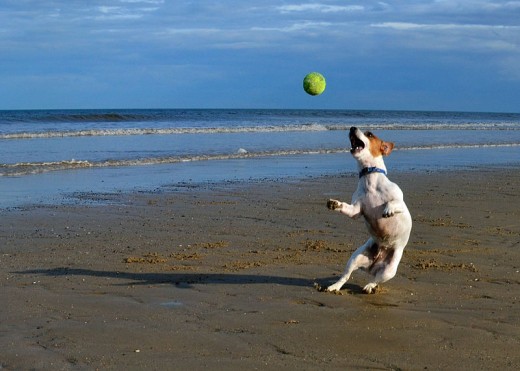

Behavioral Myths about Dogs
1. Angry at its owner. Two variations of this are: (a) “My dog urinates on the rug or in the home because she is angry with me.” (b) “The dog chews on or destroys my shoes and/ or my furniture because I made him angry.”
The truth: In the first instance, urination in the home could be due to a physical or psychological health problem. Your dog could have a kidney ailment or suffering from the stress and anxiety of being left alone for a long period. In the second case, the destruction of furniture and other items might be due to boredom and the desire to release repressed energy, or it may just enjoy the taste of a good leather shoe. One solution would be to keep your cherished items out of the dog’s reach.
2. Expressions of guilt. (a) A dog looks guilty after it urinates in the home or destroys an object. (b) You can always tell your dog is guilty as soon as you look at its face.
The truth: Dogs are not humans no matter how much we try to humanize them. They cannot and do not express emotions of guilt. When they lower their heads, look away, pin their ears back or low to their heads, run away, flutter their tails, or put them between their legs, they are simply reacting to our disapproving body language or tone of voice, say the experts and proven research.
3. An excited dog is happy to see you.
The truth: Fido has been alone for an entire day or extended period. It just has a load of energy it needs to release.
4. It is better to get a dog from a breeder than a shelter or get a puppy than a mature dog.
The truth: First, a dog could have been placed in a shelter for a number of reasons none of which were behavioral. And just because someone is breeding dogs does not mean the dog will be perfect. There could be hidden issues, including health. You still have to know what is in that purebred canine’s DNA, how it was trained, and in what kind of environment it was raised. Second, a puppy needs more of your time and attention than a mature dog. It has to be housebroken, trained, and exercised. Do you really have the time, energy, or desire?
Truth in the Myths
Which Do You Believe?
Training Myths about Dogs
1. You have to be domineering to control your dog.
The truth: You gain control of your dog by getting it to respect you. It does so by understanding the rules of your home, and what you are asking it to do. The trick is consistency. This occurs best if your dog is properly trained, and preferably by a professional.
2. When you dog urinates or defecates in your home, you should rub its face in it, so it understands that that was wrong to do.
The truth: The dog will only understand that it cannot go in that particular spot and it will find another, perhaps more secret spot to do its business.
3. You can’t teach old dogs new tricks.
The truth: Dogs enjoy learning, and that includes housetraining; but with the right motivation.
4. Training a dog with treats is wrong because the dog won’t listen or cooperate unless it is given a treat.
The truth: As the dog learns to do what you are asking, wean it off the treat. Experts say that though canines need to be stimulated to act, the treat or motivation need not be food-oriented. The motivation could be something simple as saying, good dog or petting.
Hopefully, you now have a better understanding of your precious pooch. Hopefully, it will lead to greater communication and a more rewarding relationship between you.
Foods Dogs Should Not Consume
Fruits
| Vegetables
| Other
|
|---|---|---|
Cherries
| Avocado
| Alcohol
|
Grapes
| Garlic
| Candy
|
Peaches
| Onion
| Chocolate
|
Plums
| Raw Potato
| Gum
|
Raisins
| Salt
| |
Sugar
|


